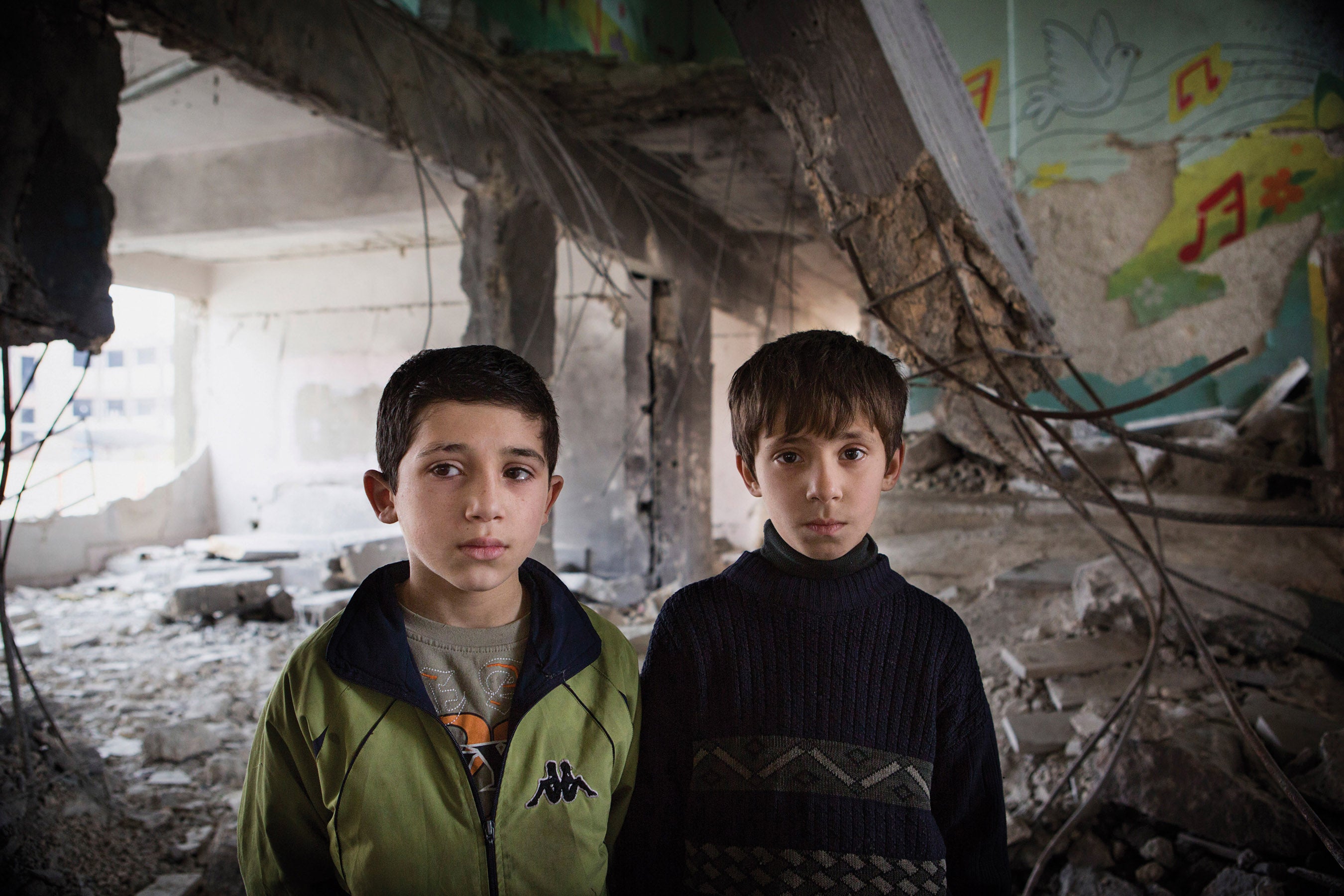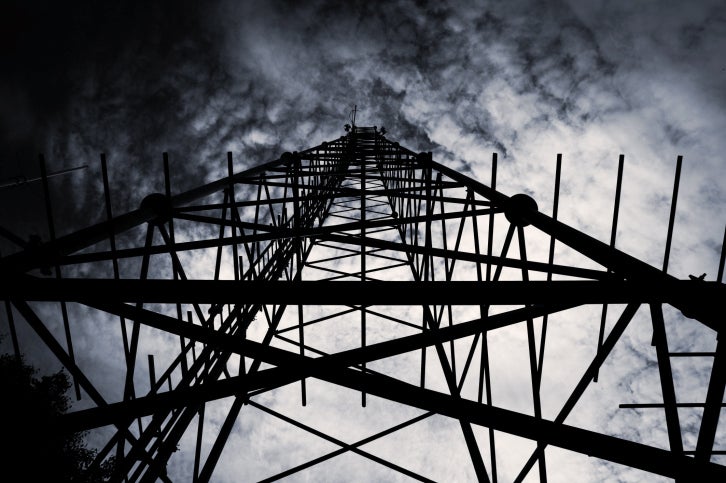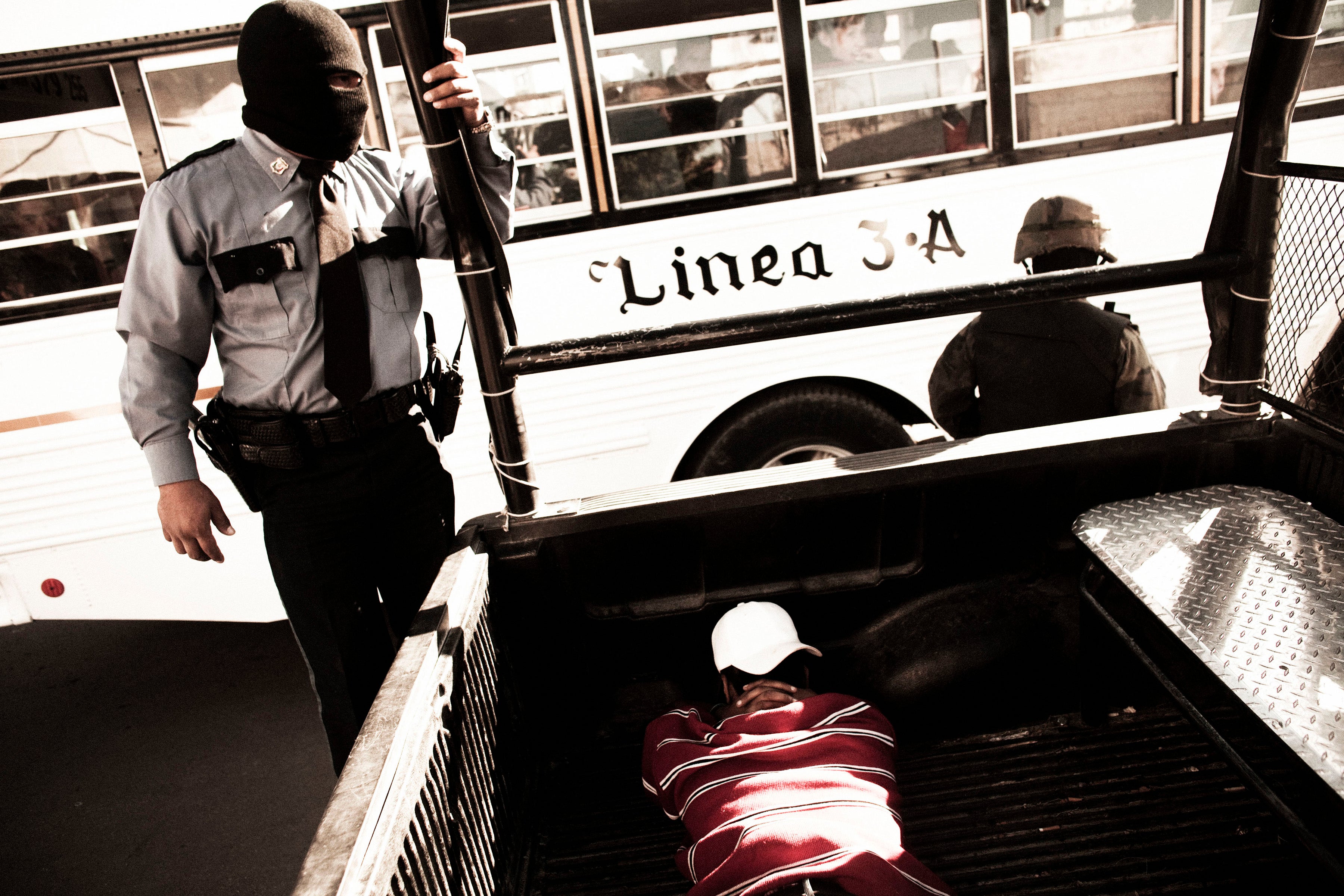Omani authorities in 2013 restricted the right to freedom of expression through the use of criminal defamation laws. Despite a royal pardon on March 21 of more than 35 activists convicted in 2012 on charges of “insulting the Sultan” and participating in unauthorized protests, officials continued to harass and detain pro-reform activists in 2013, creating little opportunity for citizens to impact the government and its policies.
Omani authorities restricted the right to freedom of assembly both in law and in practice, using force to break up peaceful demonstrations, and arresting individuals present at protests. In one case, officials arrested and detained a Shura Council member who attended the demonstration on charges of inciting violence and wrongful public assembly.
Although Oman’s constitution bans discrimination based on gender, women and girls face discrimination in family law.
Pro-Reform Activists
The government continued to harass and detain Omani pro-reform activists in 2013. In March, Sultan Qabus pardoned activists convicted in 2012 on charges of “insulting the sultan” and “illegal gathering” after the courts had sentenced them to between 6 and 18 months in prison. At least 31 of the activists had gone on a hunger strike in February to protest the delay of the Omani Supreme Court in hearing their appeals.
In January, Omani authorities arrested human rights activist and blogger Saeed Jaddad, 43, and held him for eight days in solitary confinement on charges including calling for demonstrations and heaping discredit on state officials before releasing him on bail. Jaddad has called for political and social reforms in posts on Facebook and on his blog.
On July 3, Omani authorities arrested Jaddad again at a rural property he owns in the Dhofar region, claiming he was inhabiting the property illegally. Jaddad said he obtained the property through a property swap with the local municipality and had yet to receive proper documentation. When Jaddad refused to vacate the property, authorities arrested him on charges of “resisting the authorities” and held him in detention overnight.
On July 21, the public prosecution summoned Jaddad on a new charge of “undermining the status and prestige of the state.” Authorities released him on bail but threatened that he may again be interrogated and brought to trial on these charges.
Freedom of Expression
Articles 29, 30, and 31 of Oman’s Basic Law protect freedom of expression and the press, yet other legislation restricts these freedoms and in practice authorities did not respect these rights. Oman’s Telecommunications Act of 2002 restricts online content. Article 26 penalizes “any person who sends, by means of telecommunications system, a message that violates public order or public morals.”
On July 29, Omani authorities arrested pro-reform activist Sultan al-Saadi at a gas station as he was traveling with his family. Fourteen armed men from the Omani Intelligence Service detained al-Saadi, confiscated his laptop and other personal items, and took him to an undisclosed location. They released him on August 20 without charge. Al-Saadi claimed that security forces subjected him to ill-treatment in detention.
Authorities had previously arrested al-Saadi in 2011 on the basis of his participation in pro-reform demonstrations in the northern industrial town of Sohar, and in 2012 on charges of “insulting the Sultan” because of his pro-reform Facebook and Twitter advocacy. Sultan Qabus had included him in his pardon of activists in March 2013.
On September 13, Omani security forces arrested blogger Noah Saadi, who had criticized Omani authorities on his blog for arresting Dr. Talib al-Maa’mari, a Shura Council member who had participated in anti-pollution protests. At time of writing, authorities had prevented Saadi from contacting his family and denied him access to a lawyer. Authorities previously arrested Saadi for his participation in protests in Sohar in 2011, when thousands of Omanis took to the streets demanding jobs and an end to corruption.
Freedom of Assembly
Omani authorities require citizens to request government approval for all public gatherings, and regularly arrest citizens at unapproved gatherings.
In July, the sultan reportedly pardoned another group of 14 activists jailed in 2011 anti-government protests in Sohar. The Sohar prisoners were serving sentences of between 30 months and 5 years for their role in the protests. To Human Rights Watch’s knowledge, authorities have not expunged the convictions of any of the pardoned activists.
On August 22, activists gathered in Liwa, a town north of Sohar near the port, to protest pollution from the industrial zone at the port, which they consider a public health risk. Police used tear gas to disperse demonstrators who had blocked the entrance to the port. On August 24, security forces arrested Dr. Talib al-Maa’mari, a member of Oman’s Shura Council, who was present at the anti-pollution demonstration. Authorities did not permit al-Maa’mari to meet with a lawyer until September 10, 2013, almost 14 days after his arrest. On September 9, the public prosecution charged al-Maa’mari with inciting a crowd and wrongful assembly at a public place. According to the verdict, which Human Rights Watch reviewed, the court sentenced both al-Ma’mari to seven years in prison with a fine of 1,000 riyals (US$2,600), and municipal counsellor Saqr al-Baloushi to four years with a fine of 500 riyals ($1,300) on charges of “illegal gathering” and “blocking traffic.” At time of writing, this case was before an appeals court.
Women’s Rights
Article 17 of Oman’s Basic Law officially provides that all citizens are equal and bans discrimination on the basis of gender, however despite such constitutional guarantees, women continue to face discrimination in law and practice.
Women continue to be discriminated against in the Personal Status Law that governs family law in matters of divorce, inheritance, child custody, and legal guardianship, granting men privileged status in these matters.
In December 2012, Oman held its first municipal council elections with a total of over 1,400 candidates, including 46 women, competing for 192 seats. Four women were elected.
Key International Actors
Both the United States and the United Kingdom provide significant economic and military aid to the sultanate. Neither country publicly criticized Oman’s human rights abuses in 2013, except in annual reports.
In late 2012, the Gulf Cooperation Council (GCC), of which Oman is a member, revised and re-signed its security cooperation agreement enabling each state party to take legal action against its own or other GCC citizens when they are judged to have interfered in the internal affairs of any GCC state.




